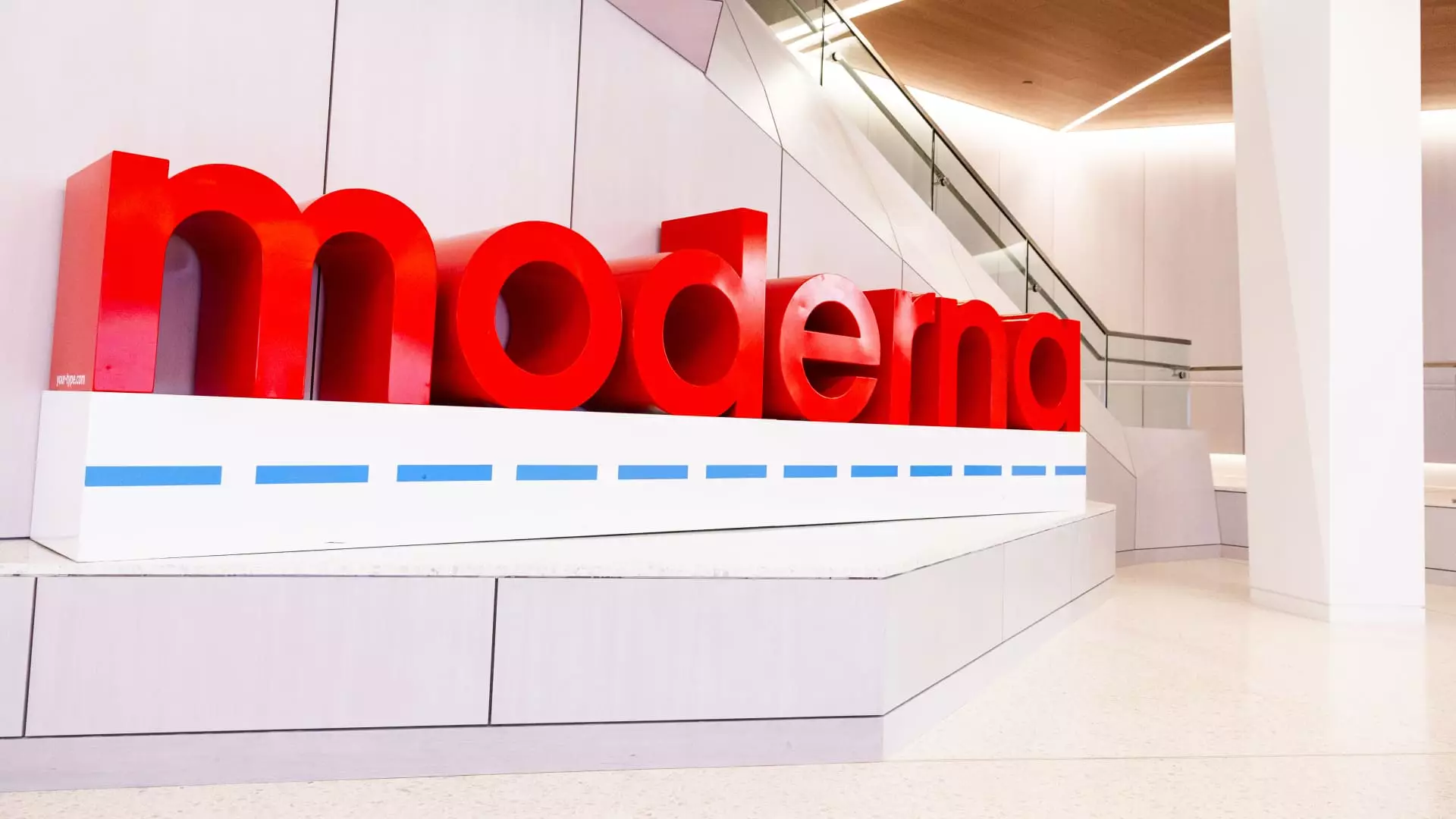Moderna’s announcement of a stronger immune response from its experimental mRNA flu vaccine, mRNA-1010, seems like a triumph of medical innovation. The reported 26.6% higher efficacy compared to existing vaccines is touted as a milestone in the fight against influenza, particularly for adults over 50. On the surface, this signals a potential revolution in how we approach seasonal flu prevention—leveraging decades of mRNA technology progress, initially spotlighted by Moderna’s Covid-19 vaccine success. However, beneath this optimistic veneer lies a complex landscape fraught with regulatory uncertainty, market competition, and political interference that threaten to stifle meaningful progress.
A Rocky Regulatory Landscape Under Political Pressure
Moderna’s path to approval is far from straightforward. The company voluntarily withdrew its application for a combined Covid-flu vaccine earlier this year after discussions with the FDA, which itself is undergoing upheaval under Health and Human Services Secretary Robert F. Kennedy Jr., a noted vaccine skeptic. This political interference is emblematic of a broader trend where public health policy becomes bogged down by ideological battles, casting doubt and delay on scientifically backed medical advancements. While Moderna expresses optimism about resubmitting applications and anticipates approvals next year, the unpredictability of the U.S. regulatory environment—compounded by the government’s recent cancellation of a bird flu vaccine contract—raises serious concerns about whether critical innovations will see the light of day in a timely manner.
Combination Vaccines: Convenience or Overhyped Solution?
Moderna’s vision of a combination flu and Covid vaccine simplifying immunization logistics has intuitive appeal. By reducing the number of shots patients need, the company argues it can ease burdens on healthcare providers, cut costs, and improve patient compliance. Yet, this assumed convenience may be overplayed. Combining vaccines introduces regulatory complexity, potential safety concerns, and higher development costs. Additionally, public skepticism fueled by the vaccine hesitancy movement—often amplified by political rhetoric—can undermine acceptance of new combination formulations. The real-world uptake of such vaccines may not align with industry expectations, especially when the targeted demographic is older adults who tend to be more cautious about new medicines.
Moderna’s Position in the Competitive mRNA Vaccine Arena
While Moderna currently leads the race against pharmaceutical giants like Pfizer and Novavax to market an mRNA-based flu and Covid combo shot, one cannot discount the volatile nature of the industry. Market dominance is never guaranteed, particularly when efficacy improvements hover in the moderate range—a 27% increase in effectiveness is meaningful but not a game changer that guarantees global substitution of older vaccines. Moderna’s drug development strategy hinges on capturing a “fair share” of multi-billion-dollar markets for respiratory illnesses, yet its recent stock performance—down over 30% this year—reflects investor unease about both political interference and shifting market dynamics. The company must balance innovation with pragmatism to maintain its foothold.
The Broader Public Health Implications Amidst Political Crosswinds
The pressing need for more effective flu vaccines is indisputable, especially given the CDC’s data showing record-high hospitalizations from the 2024–2025 flu season. Moderna’s mRNA technology offers genuine promise to reduce this burden, especially for vulnerable older adults. Yet, allowing political skepticism and policy inconsistency to shape vaccine availability risks exacerbating public health crises. The politicization of vaccine approval processes undermines scientific authority and endangers lives, fostering delays in bringing superior vaccines to market. It’s critical for regulatory agencies to uphold rigorous but unbiased review standards, fostering innovation without bowing to ideological pressures. Moderna’s saga is a stark reminder that in today’s hyper-politicized environment, the fate of cutting-edge medical innovations depends as much on regulatory courage as on scientific merit.

